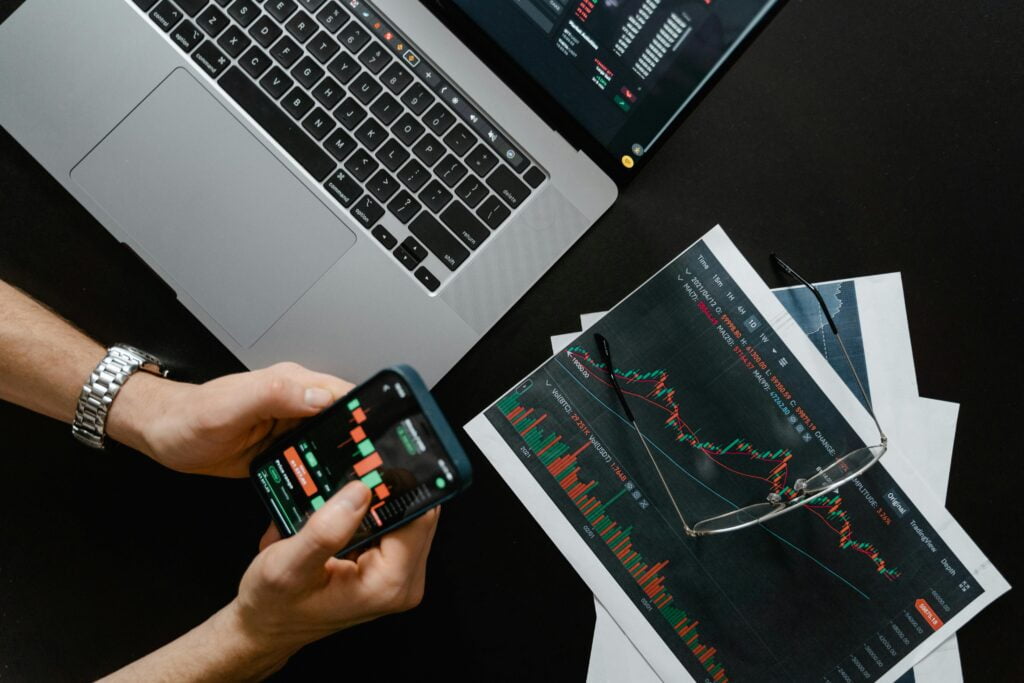
Cryptocurrency exchanges play a pivotal role in the digital asset ecosystem, serving as platforms for buying, selling, and trading various cryptocurrencies. Whether you’re a beginner or an experienced trader, navigating the world of cryptocurrency exchanges can be daunting. In this comprehensive guide, we’ll explore essential tips for effectively buying, selling, and trading cryptocurrencies on exchanges.
Understanding Cryptocurrency Exchanges
Before diving into tips for using cryptocurrency exchanges, it’s essential to understand what they are and how they work.
What Are Cryptocurrency Exchanges?
Cryptocurrency exchanges are online platforms that facilitate the buying, selling, and trading of cryptocurrencies. These exchanges act as intermediaries, matching buyers with sellers and providing a marketplace for trading digital assets. Exchanges may offer various features and services, including order books, trading charts, wallet services, and more.
Types of Cryptocurrency Exchanges
There are several types of cryptocurrency exchanges, each catering to different user needs and preferences:
- Centralized Exchanges (CEX): Centralized exchanges are operated by a central authority and require users to create accounts and undergo verification procedures. These exchanges offer liquidity, security, and a user-friendly interface but may be subject to regulatory scrutiny and centralized control.
- Decentralized Exchanges (DEX): Decentralized exchanges operate without a central authority, allowing users to trade directly with one another using smart contracts and blockchain technology. DEXs offer greater privacy, security, and censorship resistance but may have lower liquidity and user adoption compared to centralized exchanges.
- Peer-to-Peer Exchanges (P2P): Peer-to-peer exchanges connect buyers and sellers directly, enabling them to trade cryptocurrencies without intermediaries. P2P exchanges offer privacy, flexibility, and diverse payment options but may require more due diligence and carry higher risks of fraud or scams.
Tips for Buying Cryptocurrencies
When buying cryptocurrencies on exchanges, it’s essential to exercise caution and follow best practices to ensure a smooth and secure transaction process.
Research and Choose a Reputable Exchange
Before selecting an exchange, research its reputation, security measures, user reviews, and supported cryptocurrencies. Choose a reputable exchange with a proven track record of reliability and security to minimize the risk of fraud or hacking.
Verify Your Identity and Secure Your Account
Most centralized exchanges require users to verify their identity through Know Your Customer (KYC) procedures before trading. Complete the verification process and enable two-factor authentication (2FA) to enhance the security of your exchange account and protect against unauthorized access.
Select a Secure Wallet for Storage
After purchasing cryptocurrencies on an exchange, transfer them to a secure wallet for long-term storage. Choose a reputable hardware wallet, software wallet, or paper wallet to store your digital assets securely and protect them from theft or loss.
Tips for Selling and Trading Cryptocurrencies
Selling and trading cryptocurrencies on exchanges require careful planning and execution to maximize profits and minimize risks.
Set Clear Goals and Develop a Trading Strategy
Before entering the market, establish clear goals and develop a trading strategy based on your risk tolerance, investment horizon, and market analysis. Determine your entry and exit points, position size, stop-loss levels, and profit targets to guide your trading decisions.
Practice Risk Management and Diversification
Manage risk by diversifying your cryptocurrency holdings across different assets and asset classes. Avoid investing more than you can afford to lose and use risk management techniques such as stop-loss orders to limit potential losses in volatile markets.
Stay Informed and Keep Learning
Stay updated on market trends, news, and developments in the cryptocurrency space to make informed trading decisions. Continuously educate yourself about technical analysis, market indicators, and trading strategies to improve your trading skills and adapt to changing market conditions.
Conclusion:
Cryptocurrency exchanges are essential platforms for buying, selling, and trading digital assets. By following these tips and best practices, you can navigate exchanges effectively, minimize risks, and make informed decisions to achieve your cryptocurrency investment goals. Remember to research exchanges thoroughly, verify your identity, secure your account, choose a secure wallet for storage, set clear goals, develop a trading strategy, practice risk management, stay informed, and keep learning to succeed in the dynamic world of cryptocurrency trading.

